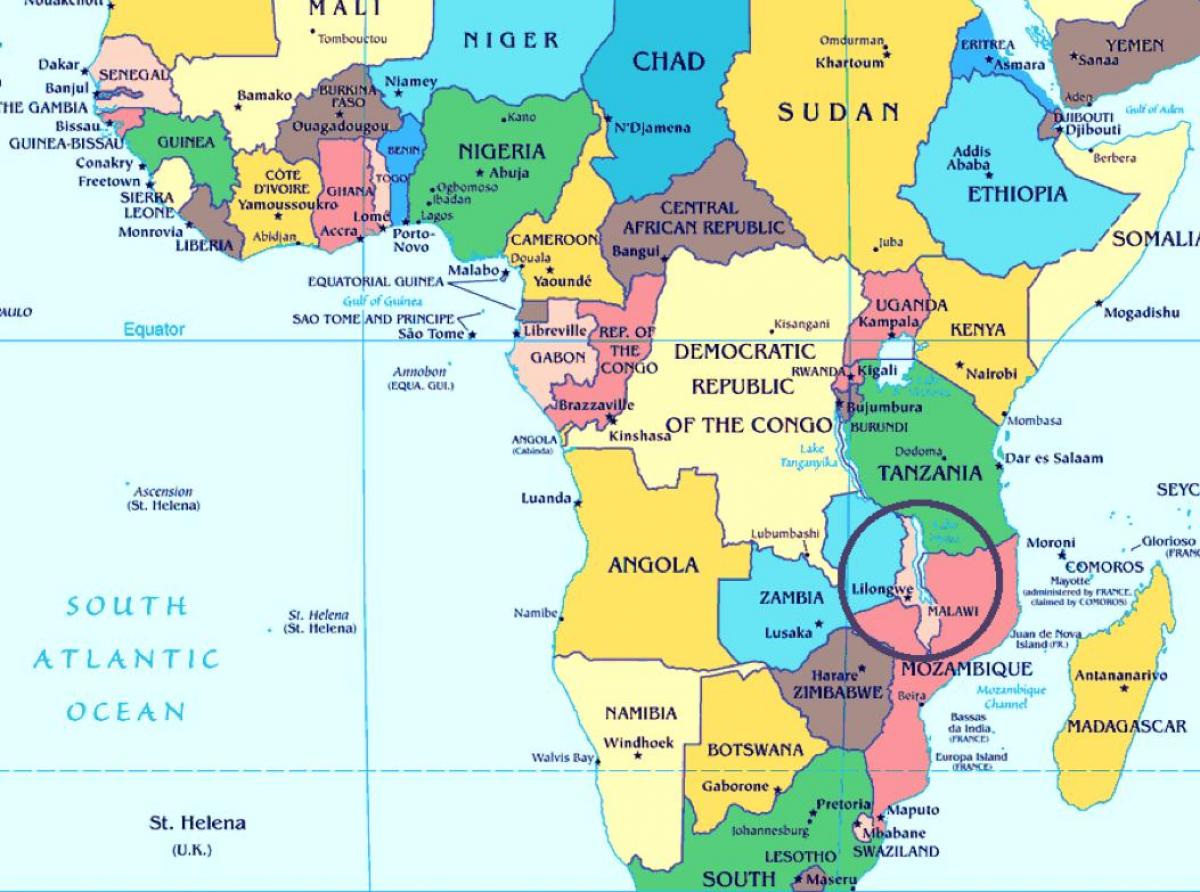This report is a follow-up to the 2016 report “We are not animals to be hunted or sold’”: Violence and discrimination against people with albinism” and is based on visits conducted in 2017 as well as follow-up interviews and desktop research.
Published: 2018
By: Amnesty International
End violence against people with albinism in Malawi – Towards effective criminal justice for people with albinism in Malawi
Introduction
Violence against people with albinism in Malawi decreased soon after Amnesty International published its 2016 report “We are not animals to be hunted or sold’”: Violence and discrimination against people with albinism.
However, since the report was published in 2016, there was a resurgence in attacks, with four more people with albinism being killed in Malawi since January 2017. That report recorded 69 cases involving crimes related to people with albinism, comprising 18 cases of people killed, five abducted and missing, between November 2014 and May 2016. In February 2018, a joint report by the Malawi Police Service and the Ministry of Justice and Constitutional Affairs revealed that the number of reported crimes had increased to 148, including 14 cases of murder and seven attempted murders since November 2014 (note 1).
In May and June 2017, an Amnesty International delegation visited Malawi and met with civil society, victims and government officials from the Ministry of Gender, Children, Disability and Social Welfare, Ministry of Justice and Constitutional Affairs, the national prosecuting authority, the Chief Justice and other members of the judiciary and the police.
This briefing is a follow-up to the 2016 report and is based on visits conducted in 2017 as well as follow-up interviews and desktop research. The briefing focuses on the current resurgence in attacks against people with albinism, stemming from an atmosphere of prejudice and a lack of understanding of the condition. The problem is exacerbated by inadequate resources to deal with crime, leading to a culture of impunity. The briefing analyses the causes of recurring attacks and the government’s response, and identifies gaps in the criminal justice system.
It also assesses the progress made in Malawi towards the protection of the right to life and security of people with albinism.
Background
The UN noted that from 2000 to 2013 it had received 200 reports of ritual attacks on people with albinism across 15 African countries (note 2). Since November 2014, however, an unprecedented wave of killings and other human rights abuses including abductions and robberies against people with albinism has swept through Malawi. Similar attacks have occurred in neighboring Mozambique. People are targeted for their body parts in the belief that they contain magical powers. The current population of people with albinism in Malawi is estimated at between 7,000 and 10,000, representing a ratio of 1 in every 1800 persons (note 3).
Between June and December 2016, Malawi experienced a seven-month respite from attacks and killings, believed to be because of awareness brought by the launch of the Amnesty report, the public condemnation of the attacks by President Mutharika and other senior government officials. This was broken in January 2017 when Madalitso Pensulo, a teenage boy with albinism, was killed in Mlonda village under the Nsabwe Traditional Authority in Thyolo District. In February 2017, Mercy Zainabu Banda, a 31-year-old woman with albinism was found murdered in Lilongwe with her wrist, right breast and hair removed. Two brothers were stabbed in Nsanje in March 2017, amid several attempted abductions or killings. Cases of verbal insults, threats and robbery of graves containing the remains of persons with albinism have also been recorded. Women and children with albinism are particularly vulnerable to abductions and killings by criminal gangs because they are seen as easy targets. According to the UN, suspected perpetrators operating as gangs or individuals can gain up to US$75,000 for the sale of a full set of body parts (note 4).
Notes:
Note 1:
Joint Docket Tracing Exercise Report for Cases of Persons with Albinism in Malawi. This is a Joint report by the Malawi Police Service, Ministry of Justice and Constitutional Affairs. It was funded by the UNDP with technical assistance from UNICEF.
Note 2:
www.ohchr.org/EN/HRBodies/HRC/RegularSessions/…/A_HRC _24_57_ENG.doc Report on Albinism, UN Office of the High Commission for Human Rights, 2013
Note 3:
Amnesty International, ‘We are not animals to be hunted or sold’: Violence and discrimination against people with albinism (Index: AFR 34/4126/2016)
Note 4:
http:/news.un.org/en/story/2016/03/525042-witchcraft-beliefs- trigger-attacks-against-people-albinism-un-expert-warns
Continue reading the 24 pages report: see source (below)

